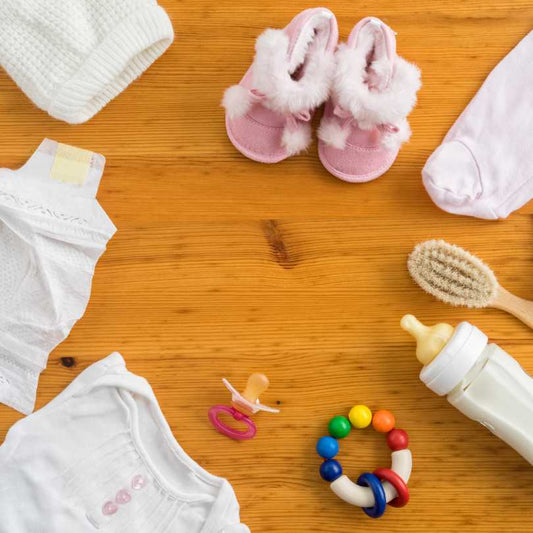
You know how important communication is for babies to express their needs and interact with their loved ones. But did you know that babies develop complex communication skills from birth that lay the foundation for their later language? It's important to understand that communication in babies goes far beyond crying, and that even in the first few months of life, they develop complex skills that lay the foundation for their later language development.
Babies' early communication signals
Babies communicate in the womb, using body language and sounds to communicate their needs. After birth, they develop additional signals to alert those around them of their needs. These include:
- Crying: Crying is one of the earliest and most important signals to indicate needs. Babies cry when they are hungry, thirsty, in pain, bored, or uncomfortable. Loud noises: Babies also make loud, popping noises with their mouths to attract attention.
- Body language: Babies also use body language to express their needs. For example, they may kick their arms and legs, turn their heads away, or roll their eyes to express discomfort.
- Facial expressions: Babies also use their facial expressions to express their emotions. For example, they may show a cheerful smile when they are happy or a worried expression when they are anxious.
How parents can encourage communication with their baby

- Talk to your baby: Talk as often with your baby and use simple, clear, and slow words. This helps your baby understand language and the meanings of words.
- Sing songs: Sing songs and rhyme poems to develop language skills and rhythm.
- Play with your baby: Play games that require you to maintain eye contact and mimic facial expressions. This helps your baby understand and express emotions.
- Read books: Read books aloud and show your baby the pictures. This helps your baby understand the connections between words and meanings.
- Use sign language: Use simple sign language to help your baby express their needs before they can speak.
As a parent, it's important to understand that every baby develops differently and there's no set timeline for the development of communication skills. Some babies begin speaking early, while others start a little later, but ultimately, all babies will develop the ability to express themselves in their own way.
It's great to encourage your baby through playing, singing, and reading, but it's equally important that you as a parent have patience and understand that every baby has their own developmental process.By giving your baby time and space, you can help them become a strong communicator.
In summary, your baby's communication skills can be strengthened through interaction, stimulation, and patience. You can help your baby by talking to them, singing songs, reading books, and using simple sign language. However, it's important to remember that every baby is unique and has their own developmental path.




